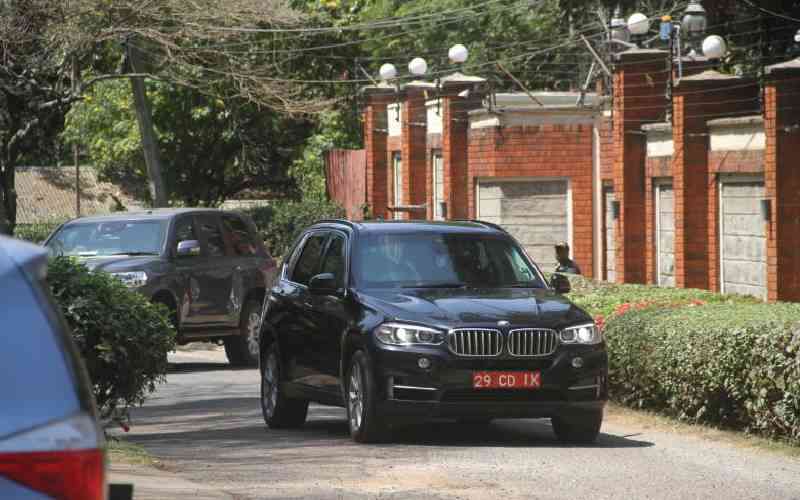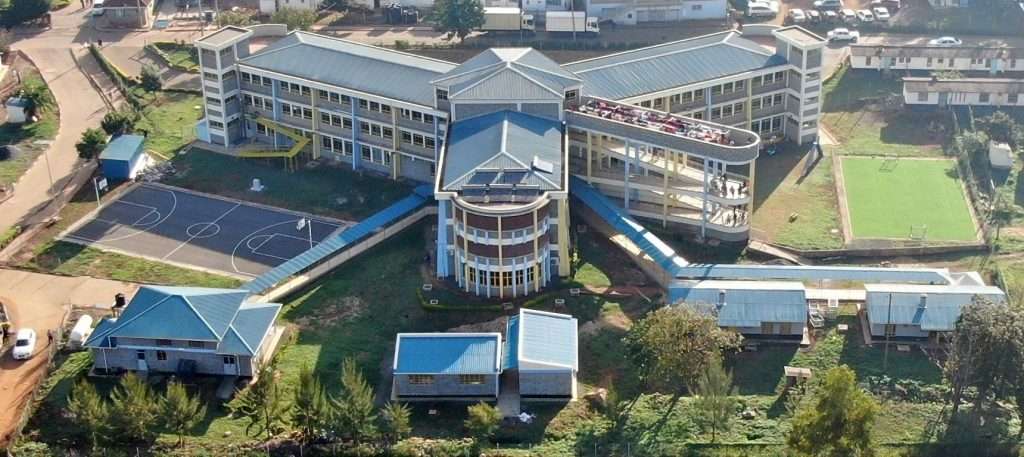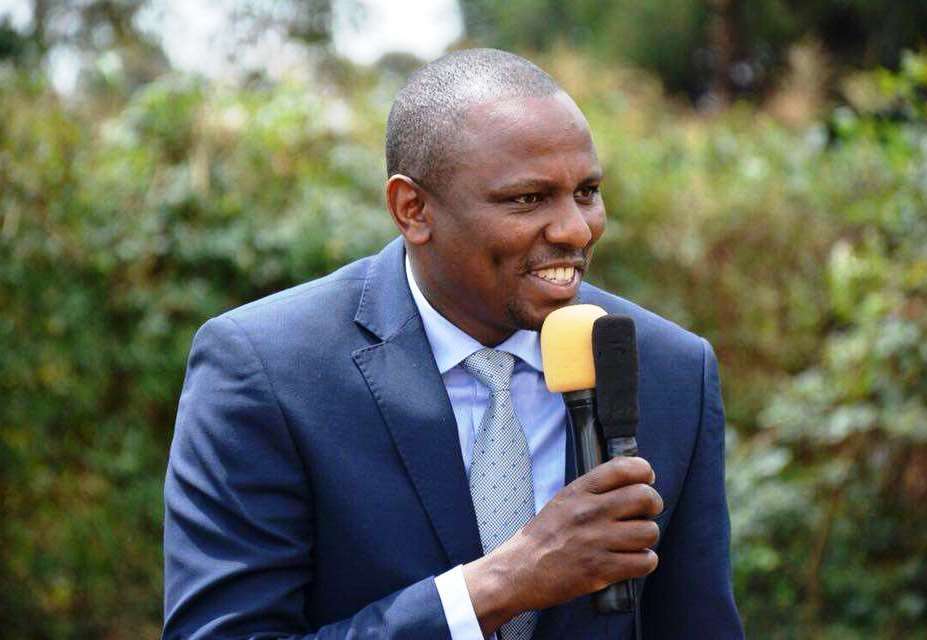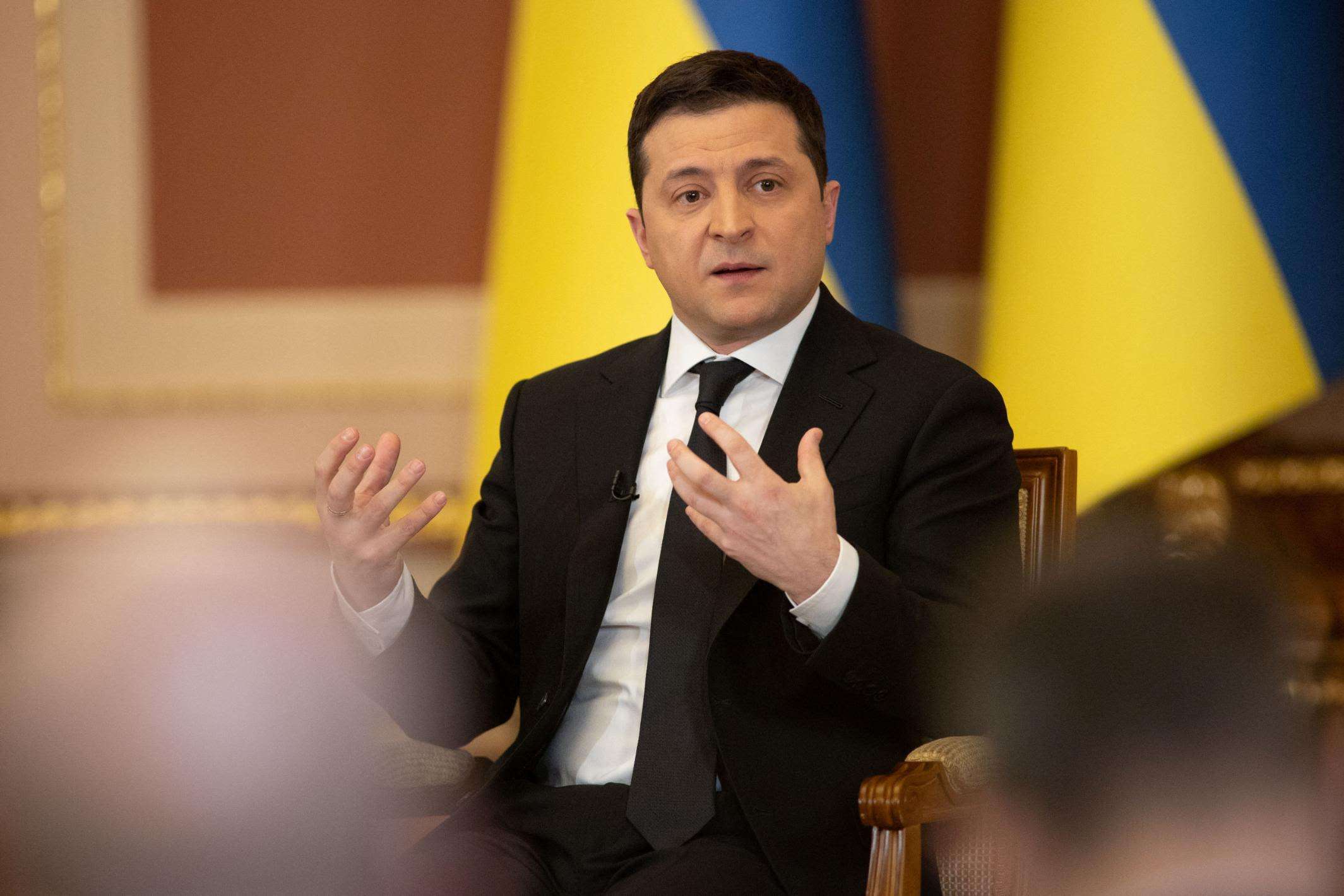By The Weekly Vision
President William Ruto and Azimio leader Raila Odinga are under intense pressure from the International Community to resume the collapsed bipartisan talks to save the country from economic ruin.
The Weekly Vision has information that the two former friends turned foes have been given tough conditions should they fail to agree on the way forward. Sources told us that among the tough choices are the suspension of financial aid and the imposition of travel restrictions on high-profile politicians from across the political divide. This warning is said to have sent cold shivers down the spine of some politicians.
The source says that diplomats drawn from the United Nations, European Union, the United States, and Denmark met Kenya Kwanza’s top representatives before driving to Karen where they also met Wiper leader Kalonzo Musyoka. Although details in both meetings are scanty, our source says the diplomats are pushing for the resumption of the collapsed talks.
Kalonzo Musyoka is said to have insisted that the talks must be led by eminent persons appointed by either the African Union or the United Nations. Kalonza Musyoka is a top member in Azimio, the coalition is said to be pushing for talks similar in nature to the ones held during the post-election violence of 2007/2008. It is said that after last week’s meeting, another one is expected this week where the diplomats will meet other top Azimio leadership led by Raila Odinga and Martha Karua. Sources say both Kenya Kwanza and Azimio agree that there is a need for a meeting, but the bone of contention is the agenda and what Azimio has put on the table.
According to sources in Azimio, top on their list of demands is the withdrawal and suspension of the Finance Act 2023, reconstitution of the IEBC and the opening of election servers. Kenya Kwanza, on the other hand, has dismissed Azimio’s agenda, especially the opening of servers and the withdrawal of the controversial Finance Act 2023. The diplomats who met Kalonzo are said to have been under instructions from their respective heads of State and governments to ensure they played a positive role in stopping the demonstrations, killings, and destruction of properties.
It is against such orders from their respective governments that the diplomats warned both sides of dire consequences should they fail to agree on the way forward. Sources say top on the agenda is the suspension of aid, as was the case in November 1991 when the West stopped aid to Kenya, insisting that Kenya liberalized its economy, curb corruption, and instituted political reform.
Again in 1997, the International Monetary Fund suspended a $220 million loan to Kenya because President Moi failed to create a strong anti-corruption body as demanded by IMF. The World Bank also delayed smaller loans to Kenya because of corruption. Based on the above past experiences, there is fear that Kenya could face similar if not tougher economic sanctions should President Ruto fail to agree to talks with the opposition.
What has come out is that the Azimio are not interested in joining the government insisting that Kenyans should know who exactly won last year’s presidential elections. It is Ruto’s fear that should servers be opened and results differ from what was announced and declared, it will raise political temperatures because Azimio would then demand that they pack and go.
The source adds that Western countries plan travel restrictions against hardliners, especially Narc-Kenya leader Martha Karua, Eugene Wamalwa, Junet Mohammed, Opiyo Wandayi, Wajakoya, Mwangi Wa Iria, Peter Munya, Wycliffe Oparanya, and Edwin Sifuna, in Azimio among others. Kenya Kwanza Deputy President Rigathi Gachagua, Moses Kuria, Kimani Ichungwa, Cleophas Malala, Tabitha Karanja, Aaron Cheruiyot, Silvanus Osoro and Boni Khalwale will also face the ban.





